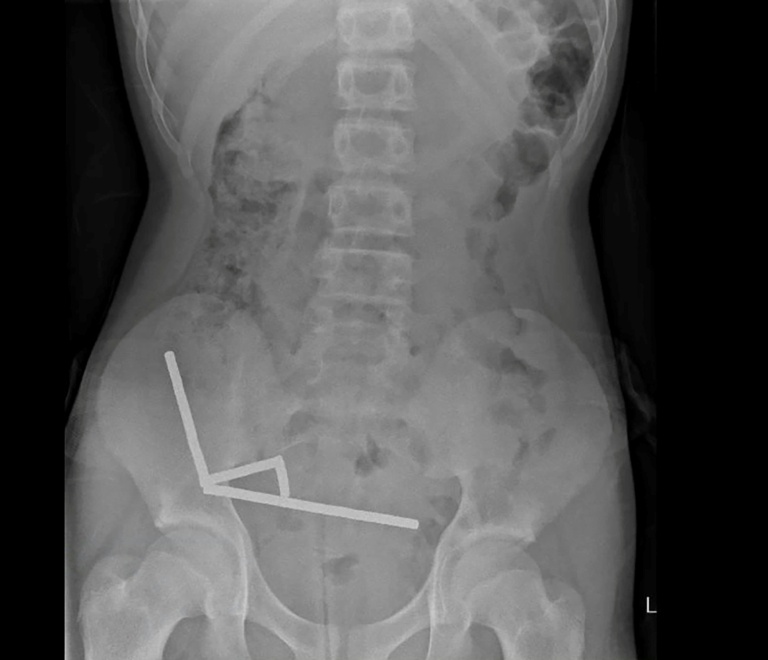A 13-year-old boy in New Zealand underwent surgery to remove up to 100 high-power magnets from his intestines after experiencing four days of severe abdominal pain. The boy, whose identity remains confidential, was admitted to Tauranga Hospital on the North Island following his discomfort, which began after ingesting the magnets he purchased on the online shopping platform Temu.
According to a report in the New Zealand Medical Journal, the boy disclosed that he had swallowed approximately 80 to 100 neodymium magnets, each measuring 5x2mm, about one week before his hospital visit. An X-ray revealed that the magnets had clumped together in four straight lines within his intestines, creating a hazardous situation. The doctors’ report noted, “These appeared to be in separate parts of bowel adhered together due to magnetic forces.”
The surgical intervention was necessitated by complications resulting from the pressure exerted by the magnets, which led to necrosis, or tissue death, in four areas of the boy’s small bowel and caecum, a part of the large intestine. The surgeons operated to remove the dead tissue along with the magnets, allowing the boy to return home after an eight-day hospitalization.
Temu announced that it is conducting an internal review to ensure compliance with safety regulations in New Zealand. The company expressed regret over the incident, stating, “We have launched an internal review and reached out to the authors of the New Zealand Medical Journal article to obtain more details about the case.” A spokesman for the platform indicated that they had yet to confirm whether the magnets were indeed purchased through Temu or identify the specific product listing involved.
The magnets in question have been banned in New Zealand since January 2013, due to concerns regarding their safety, particularly among children. The authors of the medical paper, Binura Lekamalage, Lucinda Duncan-Were, and Nicola Davis, highlighted the risks associated with magnet ingestion, noting the potential for serious complications including bowel obstruction, abdominal hernia, and chronic pain later in life.
The incident has raised alarms not only about the dangers of ingesting magnets but also about the responsibilities of online marketplaces in safeguarding young consumers. Temu has faced criticism in various markets, including the European Union, for allegedly failing to adequately remove unsafe products from its platform.
As investigations continue, this case serves as a critical reminder for parents and guardians about the potential hazards posed by seemingly innocuous items available through online shopping channels.







